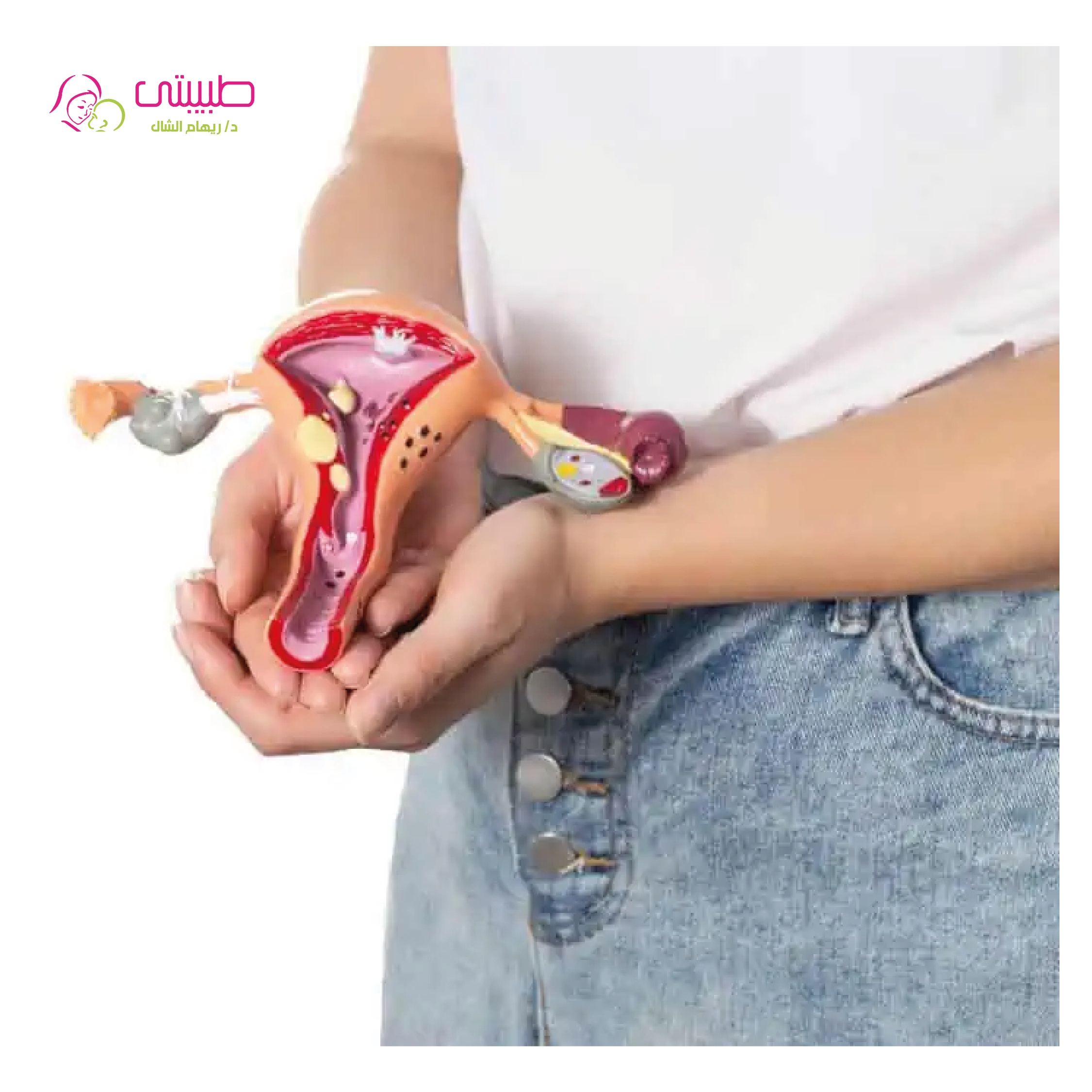What is the difference between poor ovulation and low ovarian reserve?
A Common and Important Question Many Women Ask When Trying to Better Understand Their Bodies and Reproductive Health Is:
“Doctor, what’s the difference between poor ovulation and low ovarian reserve?”
Today, we’re going to explain the difference clearly and simply, without any complexity.
Get a pen and paper, because what we’re about to discuss is very important—and it may completely change how you view ovulation and fertility.
I’m Dr. Riham El-Shall, Specialist in Obstetrics, Gynecology, Infertility, and IVF. Today, you’re with me in “Tabeebty Qaletlakom” — your trusted community for women’s health and wellbeing.
⸻
Let’s Start from the Beginning: What Is Ovarian Reserve?
Imagine you have a large freezer at home, filled with food and supplies.
That freezer is a simple way to picture your ovarian reserve — the number of eggs you’re born with.
Every woman is born with a fixed number of eggs, and over time, that number decreases gradually.
But unlike a regular freezer, once your ovarian reserve runs out, it cannot be refilled.
In other words, your egg reserve is affected by age and specific health conditions, and once it’s gone, it doesn’t come back.
Understanding this is essential to move forward with today’s explanation.
Watch the video here:
⸻
So, What Is Poor Ovulation?
Let’s return to the freezer example.
Even if your freezer is full, does that mean all the food inside is fresh and ready to eat? Not necessarily.
Some of it might be old, of poor quality, or difficult to access.
The same applies to ovulation.
Poor ovulation means the ovaries are not regularly or efficiently releasing eggs.
In other words, the ovarian reserve may be present, but ovulation itself is irregular, weak, or producing eggs that are immature or of poor quality.
Here’s a breakdown of the difference:
• A full freezer represents a good ovarian reserve
• Being unable to access the food reflects poor ovulation
• Accessing food of low quality reflects poor egg quality
• An empty freezer represents low or depleted ovarian reserve
⸻
Is the Example Clear?
This simple analogy helps clarify the essential difference between poor ovulation and low ovarian reserve.
It’s important to remember that low ovarian reserve requires timely action because it’s a race against time — the reserve declines continuously.
Poor ovulation, however, is not necessarily linked to age. It can occur even in younger women due to hormonal imbalances or functional ovarian problems.
⸻
Why Is This Important?
Because medical decisions in both cases are completely different.
• In low ovarian reserve, early intervention is necessary to preserve the possibility of pregnancy before options become limited
• In poor ovulation, we can focus on cycle regulation, ovulation stimulation, and improving egg quality
⸻
One Final and Crucial Point:
In many countries, the field of obstetrics and gynecology is divided into two separate specialties:
1. General Obstetrics and Gynecology
2. Fertility and Reproductive Medicine
This is because each area requires a specific approach and deep understanding.
That’s why it’s essential to consult a doctor who specializes in fertility or has real experience in managing cases of poor ovulation or low ovarian reserve, not just any gynecologist.
A delayed or incorrect decision could cost you a real opportunity to become a mother in the future.
If you’re struggling with delayed conception, we’ve compiled a complete library of detailed lessons backed by scientific information to help you move closer to the dream of motherhood you deserve.

